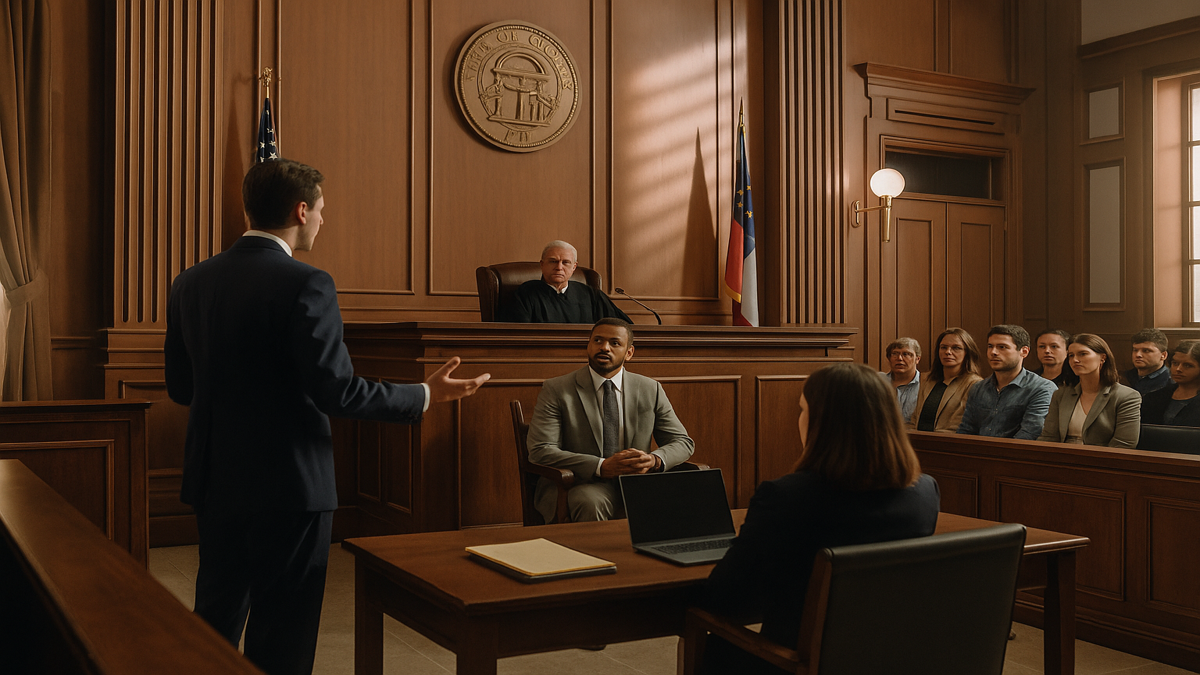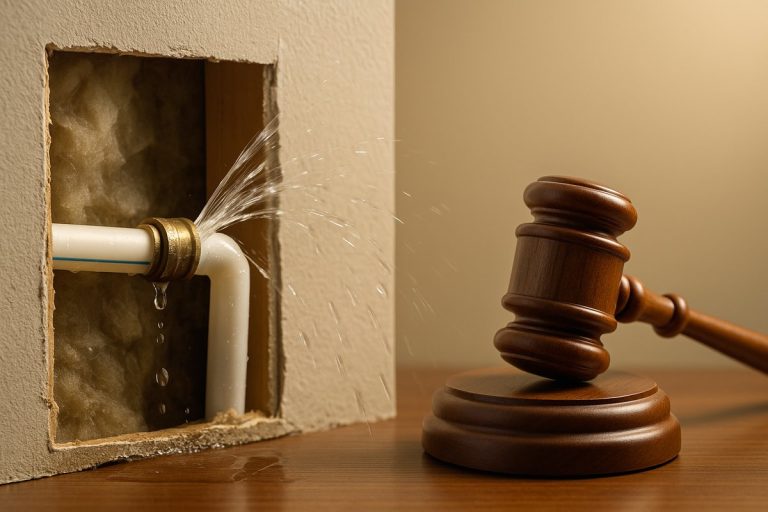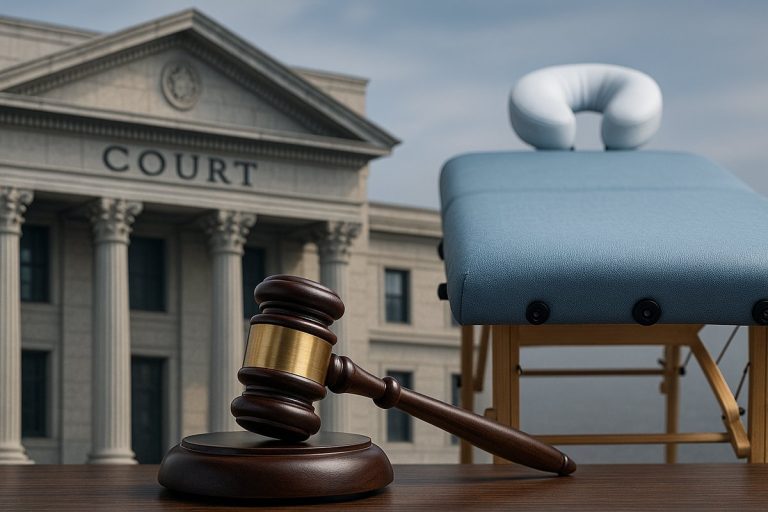Thousands of individuals in Georgia have taken a stand through legal action against sexual abuse. These cases span schools, police, churches, and public institutions. Some victims suffered years ago and now have a chance to speak. Others face abuse more recently and need protection. This guide breaks down how Georgia Sex Abuse Lawsuits work. You’ll learn what qualifies, what to expect, and how others are fighting back. If you’re a survivor, you’ll understand your next step clearly and simply. This article also explains legal changes, real cases, defenses, and key documents. It gives you the tools to act with clarity and confidence.
How Do Georgia Sex Abuse Lawsuits Arise?
Georgia sees abuse claims from many places. Often, they involve schools, summer programs, or religious groups. In other cases, law enforcement officers or caregivers face charges. These lawsuits expose patterns of neglect, silence, or misconduct. Victims file civil suits to seek damages, even when criminal trials never happened. These cases seek justice through the civil courts, not only through prosecution.
Where Most Claims Begin
- Public or Private Schools: Schools may ignore or fail to act on abuse warnings. Teachers, aides, or coaches may harm students. When administration protects staff instead of students, victims may sue.
- Faith-Based Institutions: Religious groups sometimes relocate accused staff or hide complaints. Victims often find that trusted environments failed to protect them.
- Childcare or Youth Programs: Daycares, camps, and after-school centers often lack screening. If a child is harmed and staff was not vetted or trained, a civil lawsuit may follow.
- Law Enforcement or Medical Workers: Officers, EMTs, or caregivers may abuse their authority. In such cases, government agencies may be held accountable.
Civil law allows victims to sue even if prosecutors declined criminal charges. The standard of proof is lower.
What’s Changing in Georgia?
Georgia lawmakers passed laws that change how survivors can file lawsuits. Some changes help survivors file later. Others limit how much they can recover. These updates reflect growing public concern and pressure to balance justice with legal reform.
New Filing Rules
- Extended Time Limits: Previously, many survivors were barred from filing after a few years. Now, the window to sue has widened. Adult survivors may get more time to come forward.
- Retroactive Opportunities: Some reforms allow suits even if abuse happened decades ago. This helps victims who suppressed trauma or only recently understood it.
- Senate Bill 68 (SB 68): This law caps damage awards in many civil cases. While it excludes some abuse cases, advocates warn it may hurt others. The bill aims to limit large payouts, which may reduce a survivor’s compensation.
Survivors should speak with lawyers quickly to see if they still qualify under the new laws.
Key Incidents You Should Know About Georgia Sex Abuse Lawsuits
Several major abuse cases in Georgia show how wide-ranging and serious these issues can be. They involve young victims, trusted adults, and ignored complaints.
Teen Assault Case Involving Officer
A 16-year-old girl says an Atlanta police officer sexually assaulted her after a car crash. He allegedly took her away from the scene and coerced her. The lawsuit blames the city for hiring and supervision failures. This case shows how abuse can happen under authority and disguise.
Two Teachers, One Victim
At a private school, two teachers were separately accused of abusing the same student. One allegedly sent messages. The other engaged in physical acts. Both face charges. The school’s failure to protect the student is now under review.
University Investigation Ignored Warnings
A former student at a Baptist university says a staff member abused her repeatedly. She reported it, but administrators did not act. Although the deadline for criminal action passed, civil options remain. Her story reflects the need for timely intervention.
These cases may lead to policy changes and broader investigations.
How the Law Sees These Cases
Georgia law sees sex abuse as both civil and criminal misconduct. If criminal courts do not pursue charges, survivors still have civil remedies. Civil courts may order compensation, impose public accountability, and reveal internal records.
Common Legal Grounds
- Negligent Hiring or Supervision: Schools and programs must check staff history. If they fail, they may be liable.
- Failure to Protect: If administrators knew about abuse or signs and did nothing, they can be sued.
- Emotional and Psychological Harm: Victims can claim damages for trauma, anxiety, depression, or PTSD.
- Unsafe Environments: Any pattern of allowing repeated access to children by abusers may support a lawsuit.
Each case depends on facts, documents, and witness testimony. But the law now favors survivors more than ever.
Timeline: Major Legal Milestones in Georgia
| Date | Event Description |
|---|---|
| August 2023 | Assault claim against Atlanta officer surfaces |
| February 2024 | Lawsuit filed against private university |
| March 2025 | School faces claims from parents and children |
| May 2025 | New civil suit filed involving teen in Atlanta |
| June 2025 | Senate passes lawsuit limitation bill (SB 68) |
This timeline reveals how quickly lawsuits and legislation evolved. It shows the growing urgency behind these claims.
How Survivors Are Taking Action
Abuse victims are stepping forward and pursuing justice. Some go public. Others file lawsuits or speak through attorneys. Their actions help expose abuse and protect others.
Steps Many Victims Take
- Write a Personal Timeline: Survivors often begin by writing what happened, when, and who was involved. This helps organize their case.
- Gather Documents: Counseling records, report cards, letters, or photos can support the claim. Every detail matters.
- Find Legal Help: Specialized attorneys know how to file these lawsuits. They also protect privacy and reduce stress.
- File Before Time Runs Out: New laws offer more time but not forever. Action must come before deadlines return or change.
These steps may seem hard, but many survivors say they bring relief and strength.
What Institutions May Argue
Schools, churches, or agencies rarely admit fault. Instead, they try to defend their reputation or budget. They often use legal defenses to dismiss claims.
Common Arguments Used
- Delayed Reporting: They say too much time passed and memories faded. They argue it’s unfair to defend an old claim.
- Procedures Were Followed: They claim they trained staff and followed laws, so they are not liable.
- No Proof of Misconduct: They may deny events occurred or claim there’s no solid evidence.
- Blaming Others: Institutions may shift blame to outside individuals or past staff to avoid legal risk.
Skilled lawyers challenge these tactics with records, depositions, and survivor testimony.
Evidence That Can Help Your Case
Strong cases rely on clear evidence. Survivors often hold proof without knowing it. Friends or witnesses may also help confirm the details.
What Helps Build a Case
- Messages or Letters: Texts, emails, or notes may show grooming or threat behavior.
- Witness Testimony: Classmates, coworkers, or family can confirm changes or warnings.
- Therapy or Doctor Reports: Mental health documents often link symptoms to abuse.
- Internal Reports: Past complaints or HR files show a pattern of risk.
- Photos or Diaries: These help show context and emotional state during the abuse period.
A single item may seem small. But in combination, these tell a powerful story.
Real Cases That Changed Policy
High-impact lawsuits lead to school closures, resignations, and rule changes.
YMCA Family Lawsuit
A Georgia family sued a YMCA after a coach groomed and abused their son. He later died by suicide. The case ended in a large settlement. YMCA changed hiring policies and installed stronger oversight.
District That Ignored Complaints
In one case, students warned a school about a teacher’s behavior. The administration took no action. After public pressure, more victims came forward. Lawsuits followed. The teacher was removed, and policy was rewritten.
Such lawsuits don’t just help victims—they force real reform.
What Makes These Lawsuits So Important
They bring justice where silence once ruled. Moreover, they push institutions to protect children and give survivors a path forward.
Each lawsuit can open doors for others. Each win prevents future harm. Also, each story sheds light on dark places. If you suffered abuse, your voice matters. A lawsuit may be the first step toward healing and change.
Ready to Begin? Start Here
- Start Writing Your Story: Dates, names, and places help lawyers assess your claim.
- Preserve Evidence: Keep anything tied to the abuse—emails, clothes, journals.
- Talk to Someone You Trust: Support makes a difference. Don’t go through this alone.
- Schedule a Legal Consultation: A good attorney explains your rights and options.
Time matters. Georgia laws now offer a chance—but not forever.
Final Words
Georgia Sex Abuse Lawsuits are changing lives. They challenge power and expose abuse. They give survivors support and voice. You’ve now read how the law changed, what evidence matters, and how victims are winning. You’ve seen real cases, school failures, and policy shifts. If you or someone close faced abuse, now is the time to act. Speak, document, and file before your window closes. Justice in Georgia starts with a single voice. Let yours be heard.




